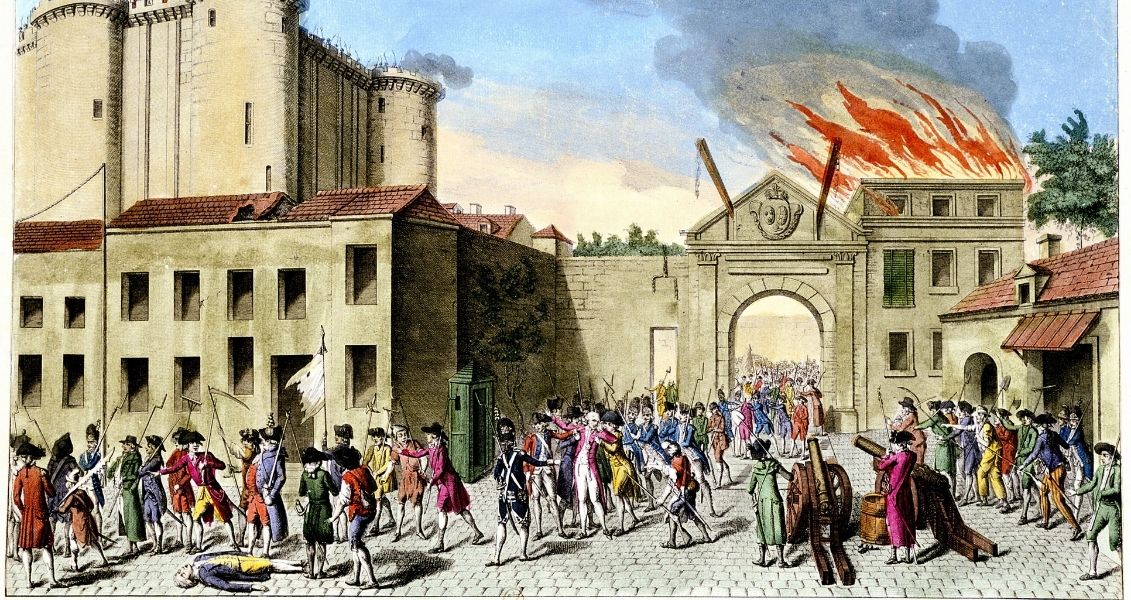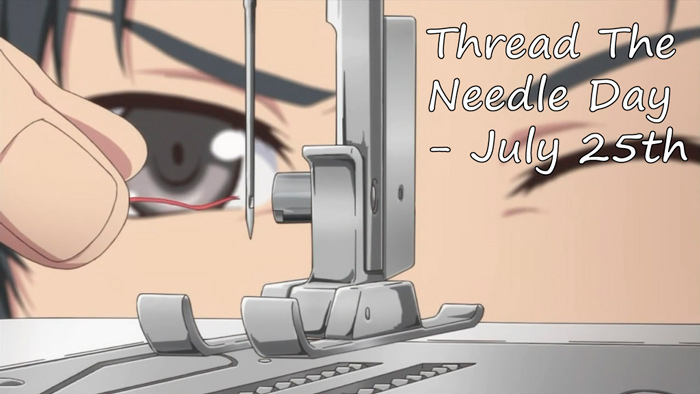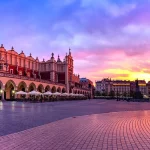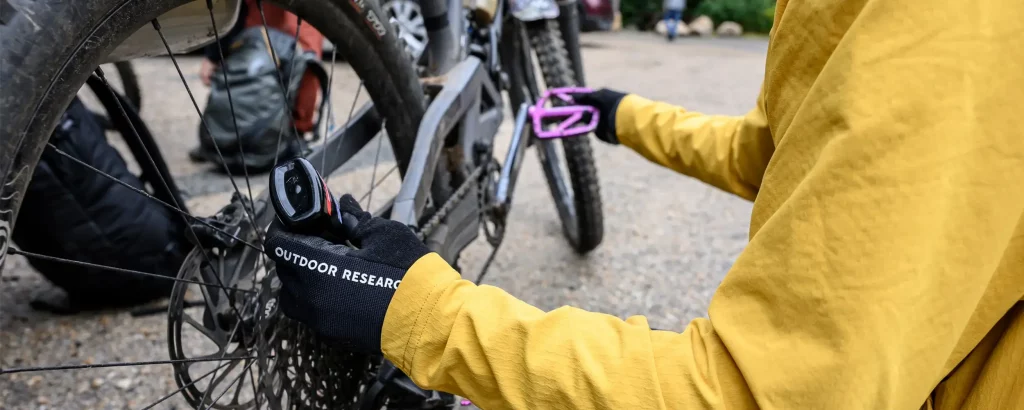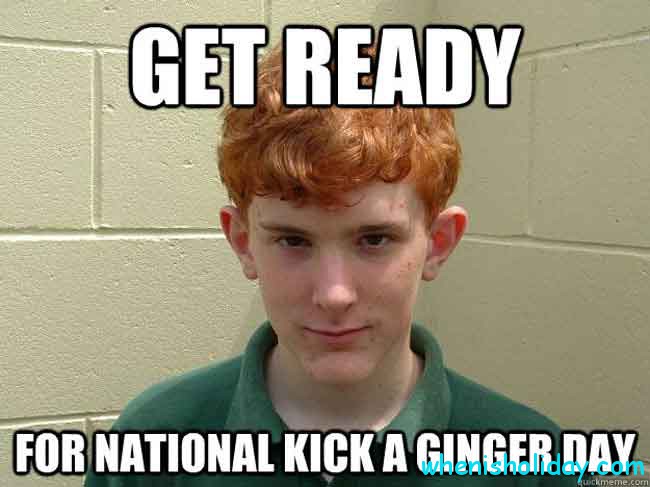Bastille Day
What day is it?
On July 14, all French people celebrate one of the main public holidays – Bastille Day. This date is a symbol of the victory over the old regime, it marked the unity of the entire French nation and the beginning of the revolution. Many consider this date to be the French Independence Day.
How did the idea of celebrating Bastille Day come about?
On July 14, 1789, the inhabitants of Paris rallied and stormed the Bastille, which for many was a symbol of the tyrannical rule of the Bourbons. It was this event that led to the beginning of the Great French Revolution, the complete victory over the monarchical system of society and the proclamation of the French Republic.
What is the Bastille?
Bastille is a prison in the form of an impregnable fortress, located in the western part of Paris. This fortification was built back in the 14th century to protect against external attacks, mostly from the British. In the 17th century, the Bastille was converted into a prison, where those convicted of political crimes were sent.
Many prominent French figures visited the high walls of the Bastille: politicians, writers, philosophers, etc. For the inhabitants of France, the Bastille acquired the color of royal despotism and permissiveness. In the 18th century, the country was threatened with bankruptcy, in connection with which in 1789 a meeting of deputies from the lowest strata of the population was held, at which the National Assembly was proclaimed and the first steps towards the creation of a constitution were taken.
Prerequisites for taking the Bastille
In 1774, the young King Louis XVI ascended the throne. The population of France associated great expectations and hopes for the best with this event. His grandfather’s failed rule led the country to poverty, which affected all sections of the population. However, the hopes of the people were not destined to come true. Louis was indecisive and did not know how to manage the country. The rulers and advisers who surrounded the young king could not curb the crisis, which was critical for a country exhausted by long wars.
The States General, convened by the king in 1789, believed that the situation in the country could be improved only by limiting royal power. On June 20, 1789, representatives of the peasantry, bourgeoisie, crafts and merchants openly rebelled against the king. In a few days, the clergy and some nobles joined them. This led to the capitulation of Louis XVI. On July 9, the General Assembly was held, which declared itself the Constituent Assembly of the state for the purpose of creating a constitution and transforming the country from a monarchy to a republic.
However, the king and his entourage were in no hurry to give up so easily. They did everything to disperse the meeting as quickly as possible. And one solution was to use a regular army consisting of 20,000 mercenaries from Germany and Switzerland. In addition, the king dismissed Jacques Necker, the favorite of the people, from the post of prime minister, and replaced him with Louis Breteuil, a supporter of extreme views, ready to disperse the people by force.
Offensive
On July 12, the people became aware of the resignation of Jacques Necker, people gathered in huge crowds on the streets. A mass meeting was held near the Palais Royal, where calls to take up arms and fight to the end began to be heard. Thus, the inhabitants and the municipality of Paris began to create a city gendarmerie.
Shortly before the storming, the Marquis Bernard-Jordan de Launay, then commandant of the Bastille, requested that the government send him reinforcements. However, a few guardsmen and a bag of gunpowder could not improve the situation. By order of Lone, the bridges of the fortress were raised, and cannons were placed on its walls.
In the morning of July 14, the rebellious residents of the capital began to occupy government buildings, seize guns, etc. In order to replenish their stocks of weapons, the crowd went to the Bastille arsenal. Negotiations between the representatives of the Standing Committee and the Marquis of Lone continued for a long time regarding the surrender of the Bastille. However, although the commandant refused to open fire on the crowd, he flatly refused to surrender the fortress.
However, the tyrant of the crowd broke in, individual rebels began to climb the wall, they broke the chains that held the bridge. As the bridge descended, it fell on one insurgent and nailed him to death. It was the first blood spilled during the storming of the Bastille. Crowds of people got to the courtyard of the fortification, where they came under fire from cannons. A firefight ensued, as a result of which 98 people died and 73 were seriously injured. But the assault continued, the excited crowd could no longer be restrained. And at 17:00 the rebels broke into the Bastille, where they freed several prisoners.
The garrison of the fortress was arrested and several officers were literally torn apart on the way to the town hall, and the head of the Marquis de Launay was cut off and carried on a stake through the streets of the city.
Effects
The storming of the Bastille is the most important event of the three-day uprising in Paris, which fundamentally influenced the development of French history. The next day, July 15, Louis XVI arrived at the Constituent Assembly, thus he recognized its legitimacy, and also appointed the chairman of the Constituent Assembly as mayor of Paris.
In August of the same year, all exclusive rights, which until recently were enjoyed by representatives of the nobility and clergy, were abolished. A document entitled “Declaration of Human Rights” was also adopted. The Declaration talked about the liquidation of the old, monarchical system of the country. Later, all church property became the property of the state. Serfdom was also weakened.
Despite the adoption of the Constitution, Louis XVI continued to hold the royal title.
Bastille Day first noted in 1880.
Bastille Day in history
-
1789
June 20Representatives of the peasantry, bourgeoisie, crafts and merchants openly rebelled against King Louis XVI. In a few days, the clergy and some nobles joined them. -
1789
July 9The General Assembly was held, which declared itself the Constituent Assembly of the state to create a constitution and transform the country from a monarchy to a republic. -
1789
July 12The people became aware of the resignation of the prime minister, the favorite of the people, Jacques Necker (in his place the king appointed Louis Breteuil, a supporter of extreme views, ready to disperse the people by force), people began to gather in huge crowds on the streets. -
1789
July 14In the morning of July 14, the rebellious residents of the capital began to occupy government buildings, seize guns, etc. In order to replenish their stocks of weapons, the crowd went to the Bastille arsenal.
At 17:00, the rebels broke into the Bastille, where they freed several prisoners. -
1789
July 15Louis XVI arrived at the Constituent Assembly, thus he recognized its legitimacy, and also appointed the chairman of the Constituent Assembly as mayor of Paris. -
1880Bastille Day was celebrated for the first time in 1880.
How to celebrate Bastille Day?
July 14 is a loud holiday in France. People take to the streets of all cities and towns. However, the biggest and loudest celebration takes place in the morning in Paris on the Champs-Élysées. It is there that the largest and oldest parade in Europe takes place. It is attended by all high-ranking officials of the republic, including the President himself and representatives of other countries.
The parade begins with a march of cadets and continues with various units of the French troops. In recent years, battalions from allied states of the French Republic have taken part in the parade. After the parade, the President receives guests on the territory of the Elysee Palace.
Previously, there was a tradition of amnestying prisoners on Bastille Day, and the President of France must address the people through the media. However, President Nicolas Sarkozy canceled these traditions.
French citizens celebrate Bastille Day loud parties, balls, fireworks and fireworks.
When will we celebrate Bastille Day??
| Year | Date | Weekday |
|---|---|---|
| 2021 | July 14 | Wednesday |
| 2022 | July 14 | Thursday |
| 2023 | July 14 | Friday |
| 2024 | July 14 | Sunday |
| 2025 | July 14 | Monday |
